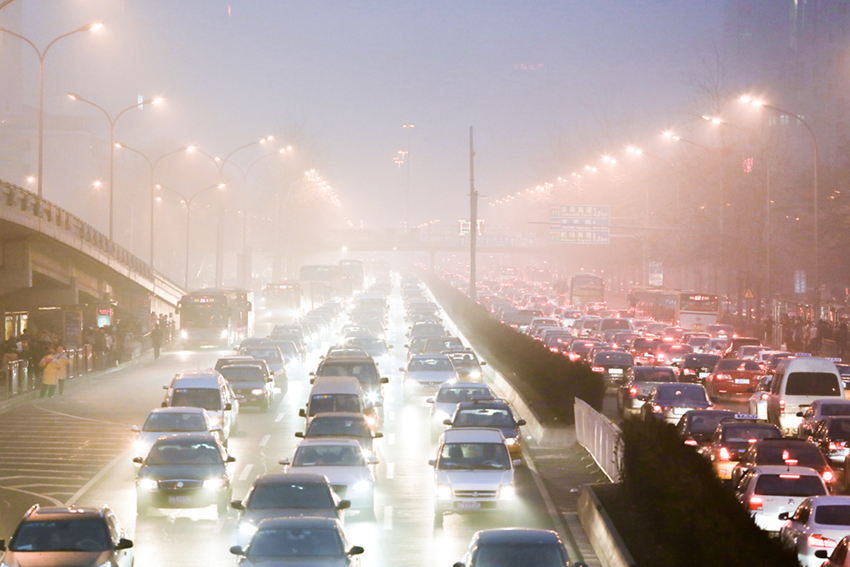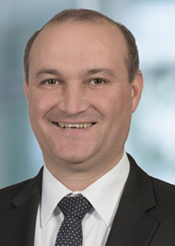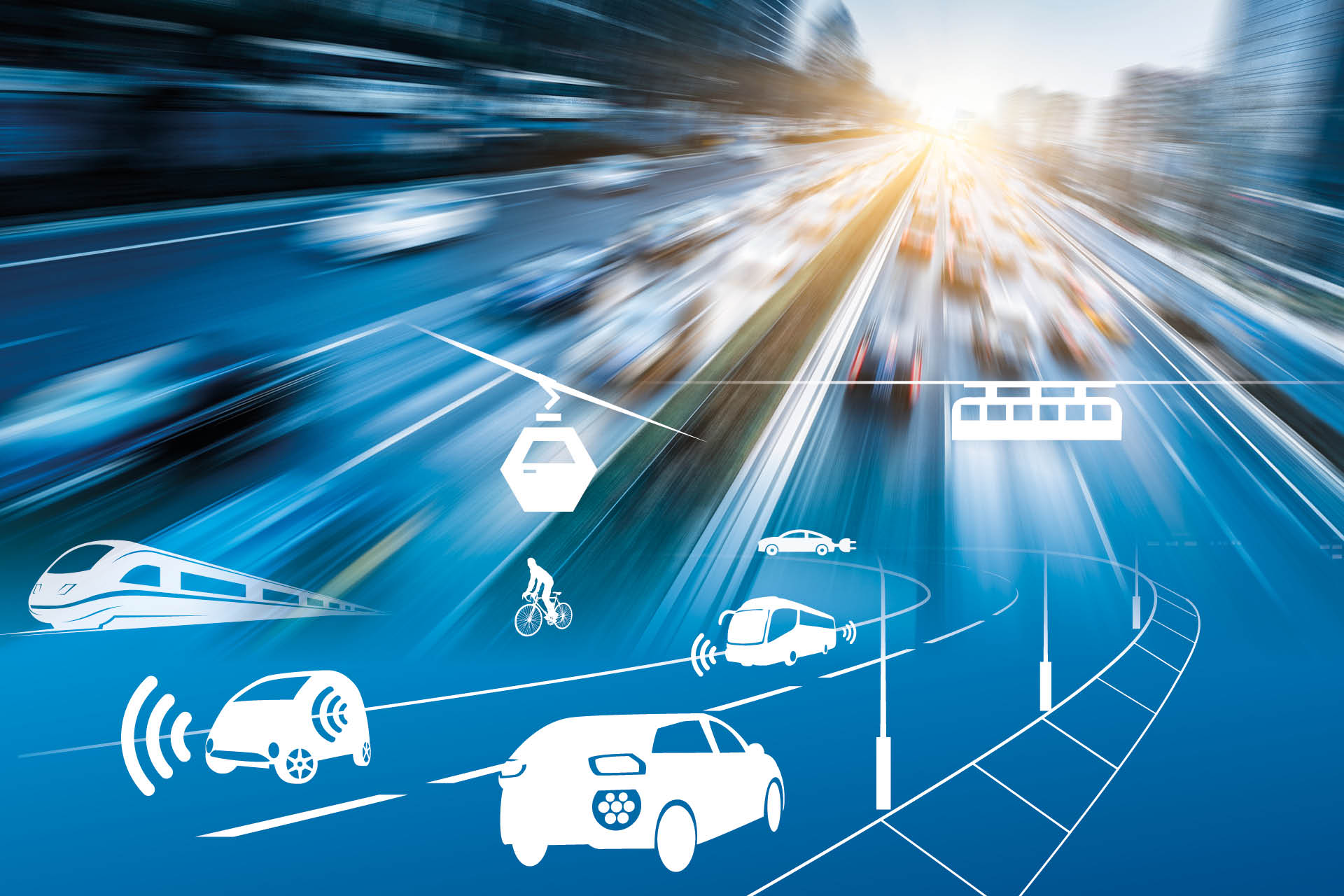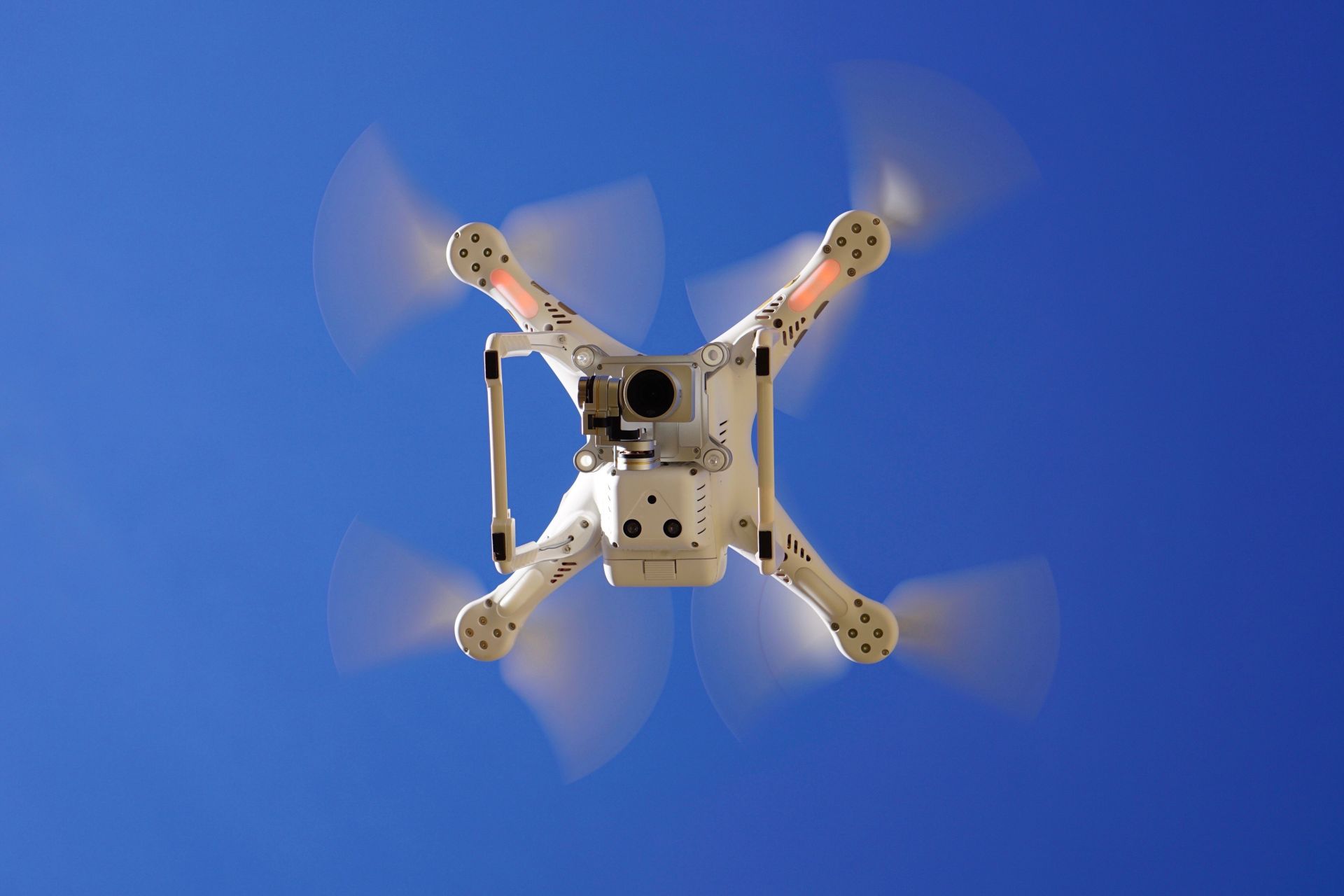"We need local mobility"
Our mobility concepts are currently undergoing fundamental change. Not only is the process impacted by major trends such as climate change, digitization and urbanization, but the changes also affect deeply entrenched attitudes and established patterns of behavior. How do mobility experts advise their clients in the light of this? To find out, we talked with Claus Bürkle, mobility expert and Drees & Sommer Partner.
Mr Bürkle, many mobility trends point in different directions. For example, car sharing aims to reduce the number of vehicles, while autonomization would tend to have the opposite effect. How do you advise your clients in this seemingly confusing situation?
Claus Bürkle: When consulting, we differentiate between the two sides of the coin. If we stay with your example, I believe there are two aspects to autonomous driving. It would work well in cities, – with the caveat that the urban area would have to be closed off to other private vehicles. For example, by having a defined metropolitan area in which autonomously operated vehicles belong to one service provider. Otherwise, too many people would simply drive into the inner cities in their autonomous cars instead of using local public transport, which is still the best means of mass transit.
In rural areas, on the other hand, traffic density is not yet as high as in urban centers. That is where I think autonomous driving gets really interesting, particularly in the case of passenger transport, because it counteracts the trend towards urbanization, as people are prepared to commute further if they can work while traveling. So in summary, autonomous driving may catch on in urban areas, but it will not be a panacea. It can, however, make an important contribution to road safety.
Could we not work on other factors instead of considering the application of highly complex technologies? For example, should we not be making more innovative use of existing infrastructure?
Basically, all new mobility technologies can only complement existing mobility solutions. Rail is still the ideal form of mass transport, but of course rail infrastructure has to be maintained too.

DuKai photographer – gettyimages
Also, innovative uses are not as easily implemented as people sometimes think. Increasing the number of bicycles carried on public transport is difficult due to limited space during peak hours. Adding railway carriages to urban rapid transit or subway trains, for example, is seldom possible, as platforms are often simply too short.
Which do you see as the greater challenge – the transition from analog to digitized transport or finding the balance between private and public transport?
I believe that digitization is such a dominant and sweeping trend that it influences everything. It makes many things more complex, but also simplifies others. Take, for example, a mobility app that shows you the best connection regardless of the means of transport – and that adjusts your route in real time, if necessary. You also have to differentiate between digitization of transport technology in vehicles, and technologies – like that app – which aim to make it easier for people to use services.
Added to which, we face the challenge that here in Germany that we can hardly keep up with creating the necessary infrastructure. For me, it is clearly a question of public service provision. Individual private solutions can complement each other, but often overlap in practice – thus creating redundancy. Such as when each company in a business park sets up its own shuttle bus service when a public bus service would be more efficient and cost-effective.
End of the first part

About Claus Bürkle
In 1999 graduate engineer (FH) Claus Bürkle started his professional career as project manager at Drees & Sommer. There, he supervised various complex projects. Since 2011, Claus Bürkle has been Managing Director of the infrastructure and development management experts at Drees & Sommer. Here, he focuses on infrastructure consulting and mobility. Claus Bürkle is responsible for projects involving electromobility, stationary traffic, urban cableways, traffic development and a large number of rail infrastructure projects. Due to his project experience with municipalities, Claus Bürkle acts as a contact for the public sector. Bürkle has been partner at the Drees & Sommer Group since 2017.

